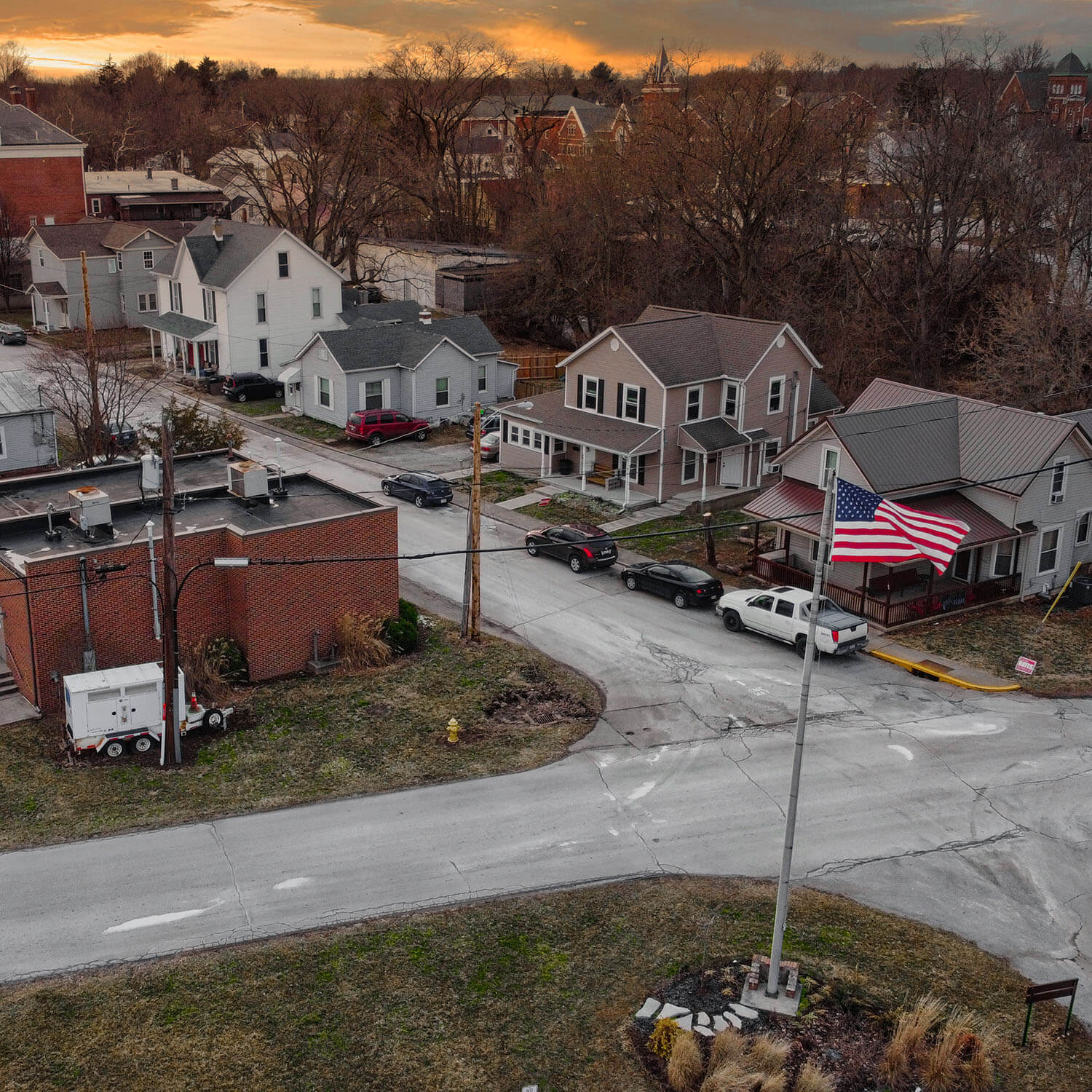While stablecoins have drawn increased scrutiny from policymakers in Washington, the policy response has only just begun. Here’s a look at the policy outlook and what it means for community banks.
Policy Questions and Next Steps
While greater scrutiny by policymakers is an encouraging step towards bringing stablecoins within the regulatory perimeter, there are still many unresolved issues that need to be addressed.
For instance, members of Congress have not yet determined how they will act on the President’s Working Group’s request for a legislative remedy. If Congress cannot agree on a legislative path, then the Financial Stability Oversight Council might act to address the risks outlined in the PWG report.
The PWG report said its member agencies encouraged FSOC to consider using its authority to designate stablecoin arrangements as “systemically important payment, clearing, and settlement (PCS) activities.” If FSOC determines that a stablecoin arrangement qualifies as systemically important, then regulators may “establish risk-management standards for financial institutions that engage in designated PCS activities, including requirements in relation to the assets backing the stablecoin, requirements related to the operation of the stablecoin arrangement, and other prudential standards.”
However, the PWG report did not resolve all outstanding questions about the regulation of stablecoins and the wider world of decentralized finance.
While the PWG acknowledged that stablecoins that qualify as securities will be subject to federal securities laws and Securities and Exchange Commission oversight, it stopped short of examining which stablecoins should be considered securities. Some legal scholars contend that the SEC should deem stablecoins to be “investment contracts” because they are primarily used to trade speculative digital assets.
The PWG report also recognized that stablecoins could be considered commodity futures, options, or swaps, thereby falling under the jurisdiction of the Commodity Futures Trading Commission and subject to the Commodity Exchange Act.
The CFTC has already begun to play a role in regulating the sector. For instance, the agency last year used its enforcement powers to fine Tether $41 million for misleading claims that its U.S. dollar token was fully backed by reserves. And in recent congressional testimony, CFTC Chair Rostin Behnam said his agency “is well situated to play an increasingly central role in overseeing the cash digital asset commodity market.”
Meanwhile, federal departments and agencies have only just begun responding to President Joe Biden’s executive order on digital assets, which directs them to submit reports to the White House in the coming months.
Community Bank Impact and Advocacy
Although consumers are not yet using stablecoins to buy their morning coffee, efforts are underway to make stablecoin payments more widely available. The threat of disintermediation is real, especially considering the critical role of stablecoins in the growth of a decentralized finance (DeFi) ecosystem designed to eliminate the need to use centralized parties, including banks.
With the stablecoin debate touching on numerous policy considerations, ICBA is urging policymakers to:
- Resolve the debate about classifying digital assets as securities, commodities, or banking products because regulatory uncertainty inhibits wider adoption and affects community banks’ ability to compete in a rapidly evolving digital economy.
- Work together to develop a comprehensive approach that will bring stablecoins within the federal regulatory perimeter to address serious risks to financial stability, consumer protection, and national security.
- Prevent unregulated entities from issuing stablecoins.
- Maintain the separation of banking and commerce to prevent Big Tech firms from quickly scaling and monopolizing the stablecoin marketplace.
Meanwhile, ICBA is studying various proposals from policymakers and academics to understand the full potential impact on community banks. Among the most important questions are:
- How can a level playing field be maintained if stablecoin issuance is limited to FDIC-insured depository institutions? A level playing field is essential to ensuring large national banks do not dominate the stablecoin market and disadvantage community bank customers.
- What issues, if any, can stablecoins address that cannot be solved by other actions or solutions, such as instant payments or greater access to financial services and bank accounts?
As the debate continues, ICBA will be at the table representing community banks and their communities every step of the way. Community bankers with thoughts or questions about the development of stablecoins and their impact on community banks can follow me on Twitter and contact me directly at brian.laverdure@icba.org.

